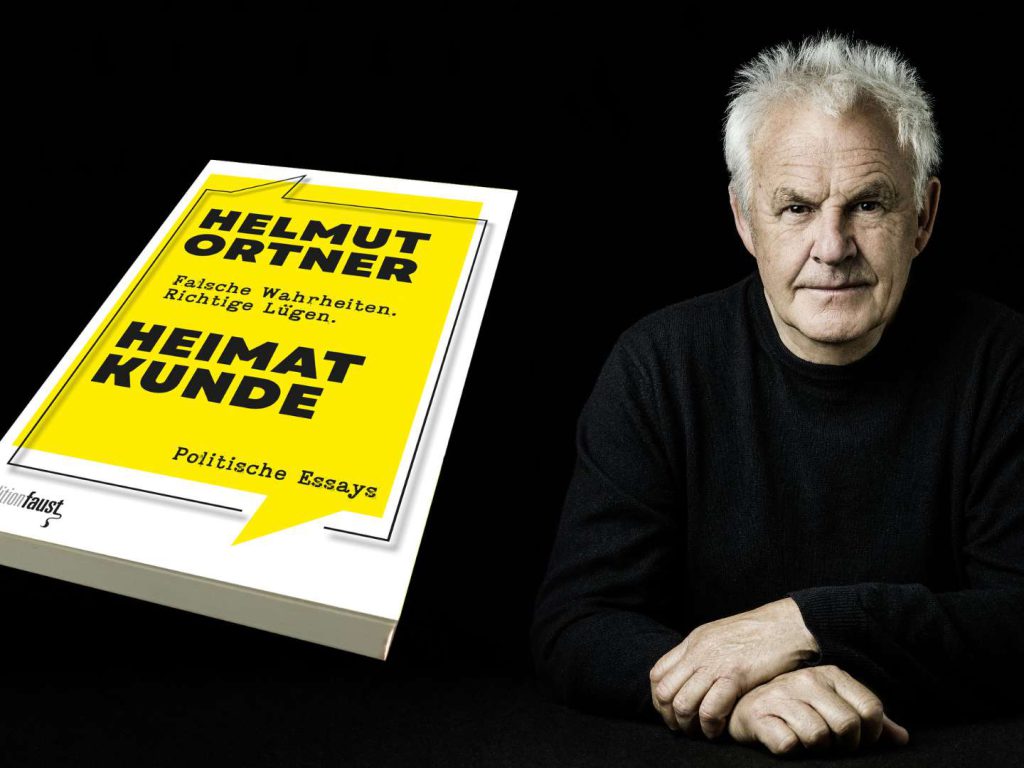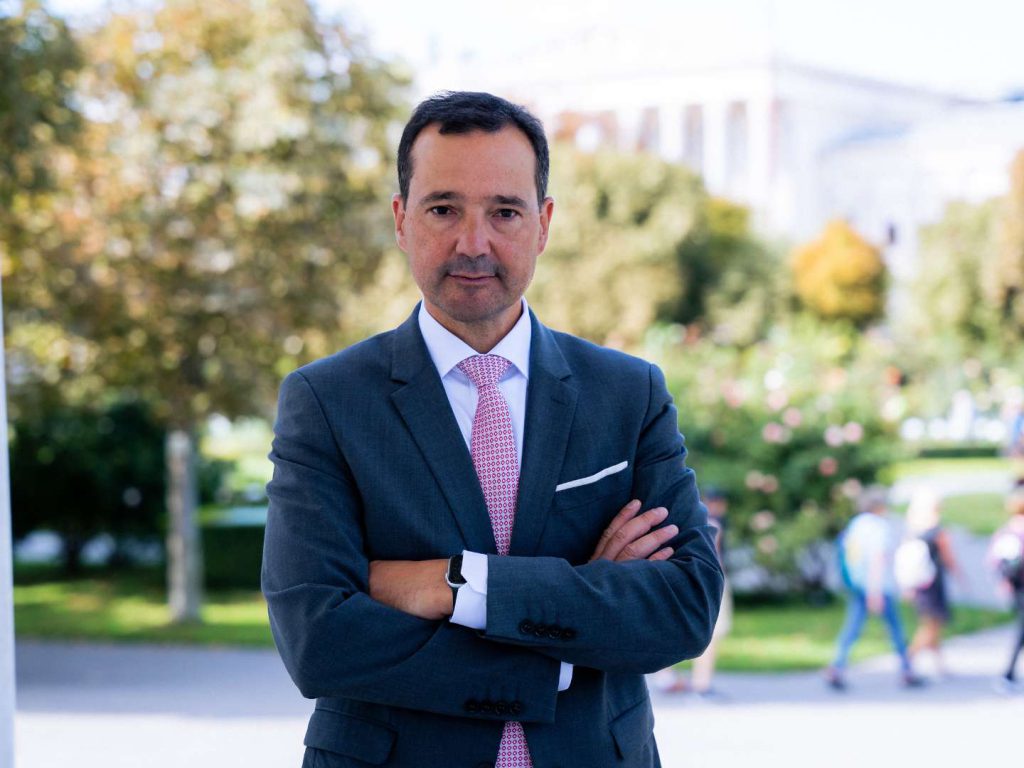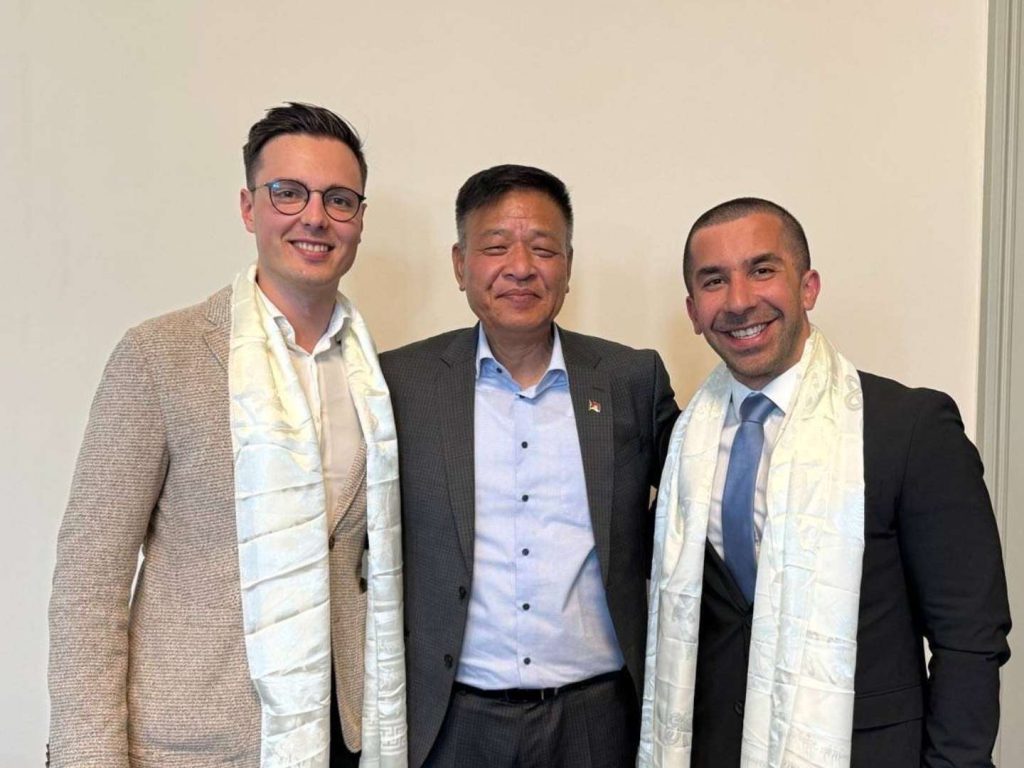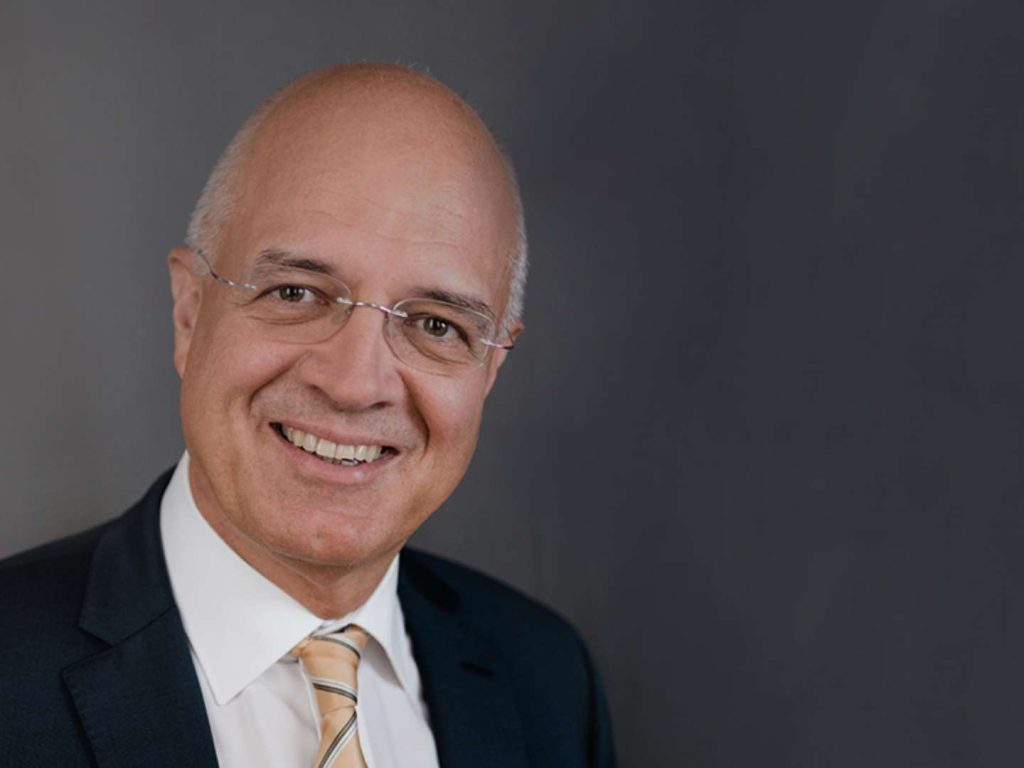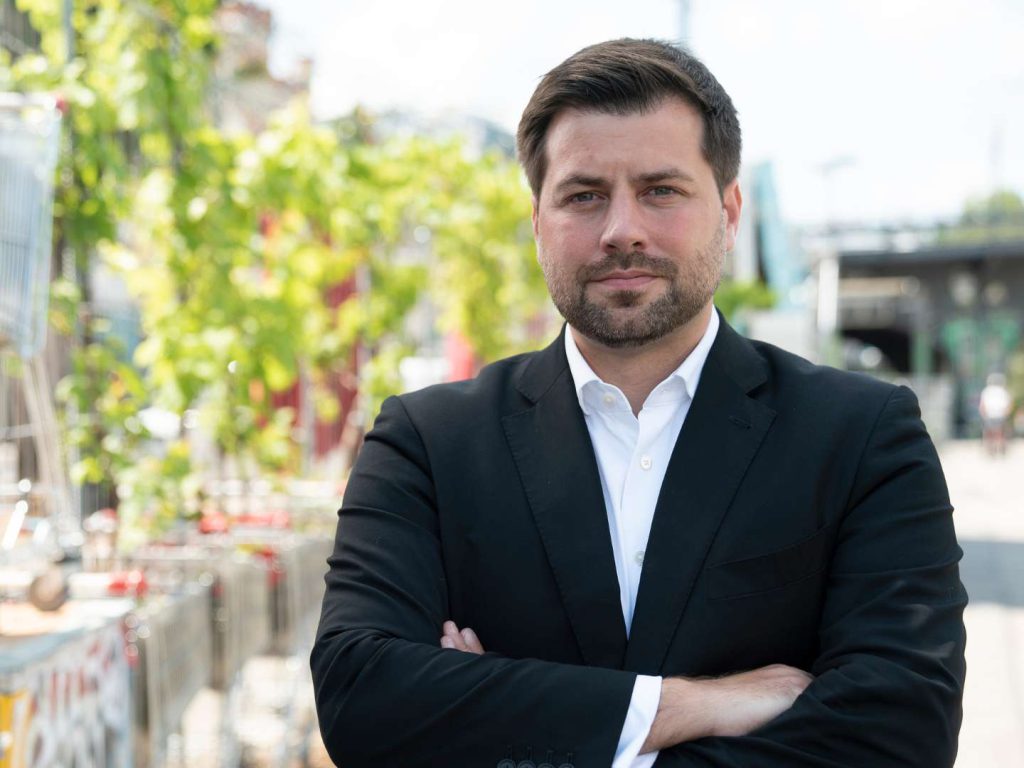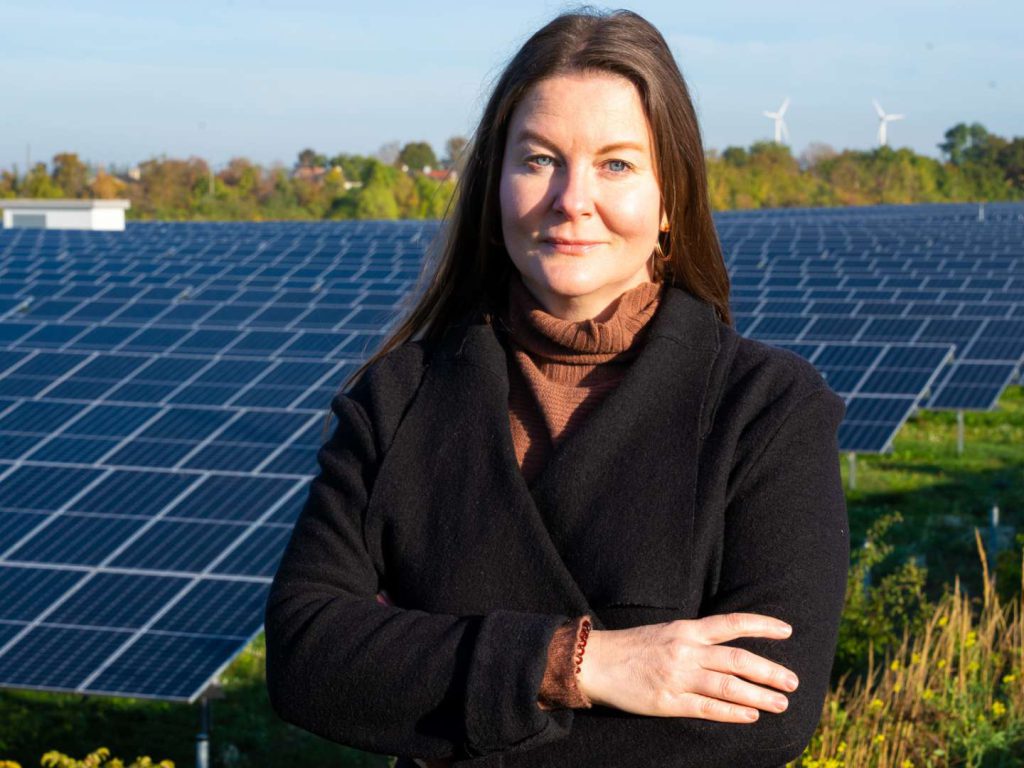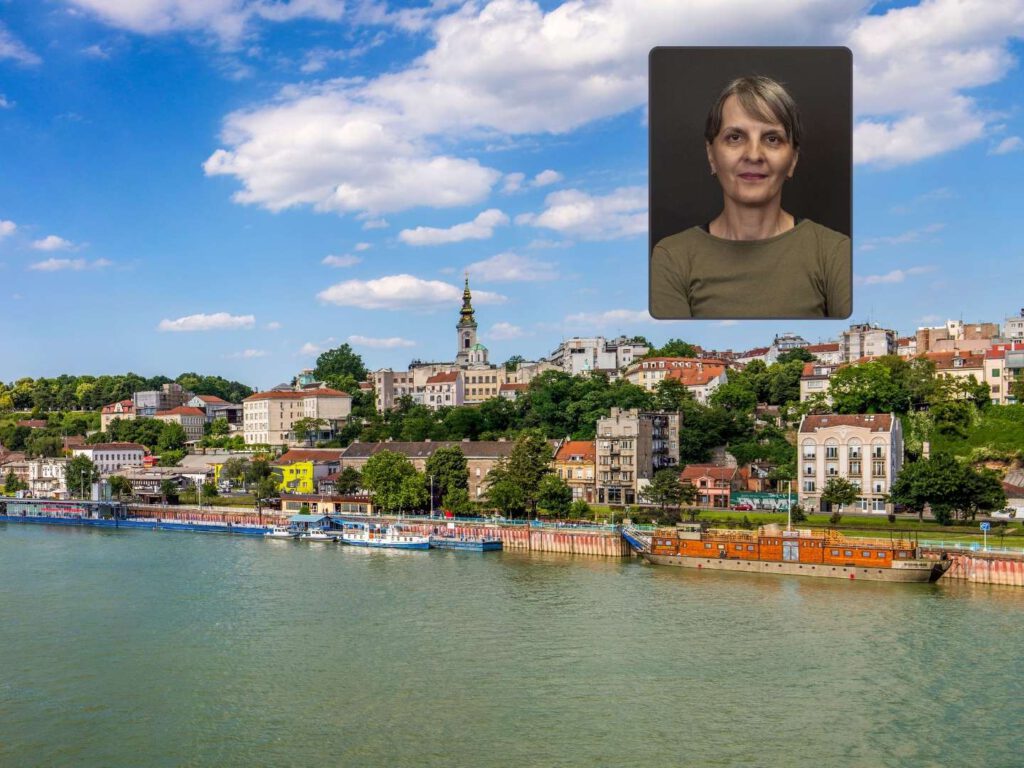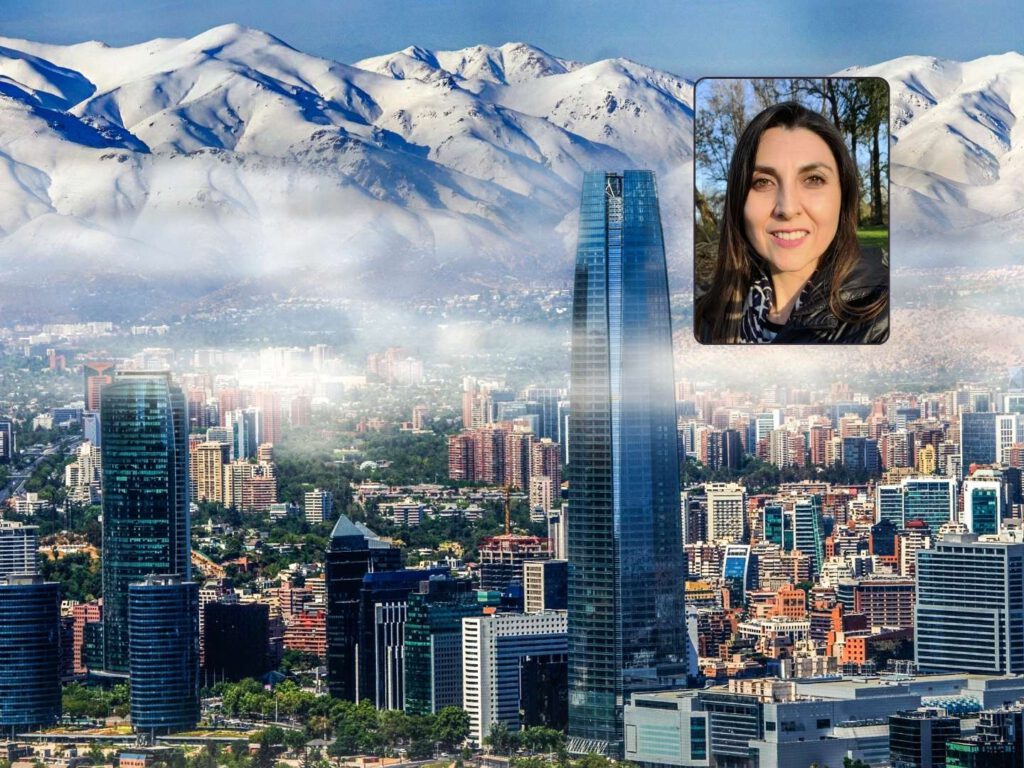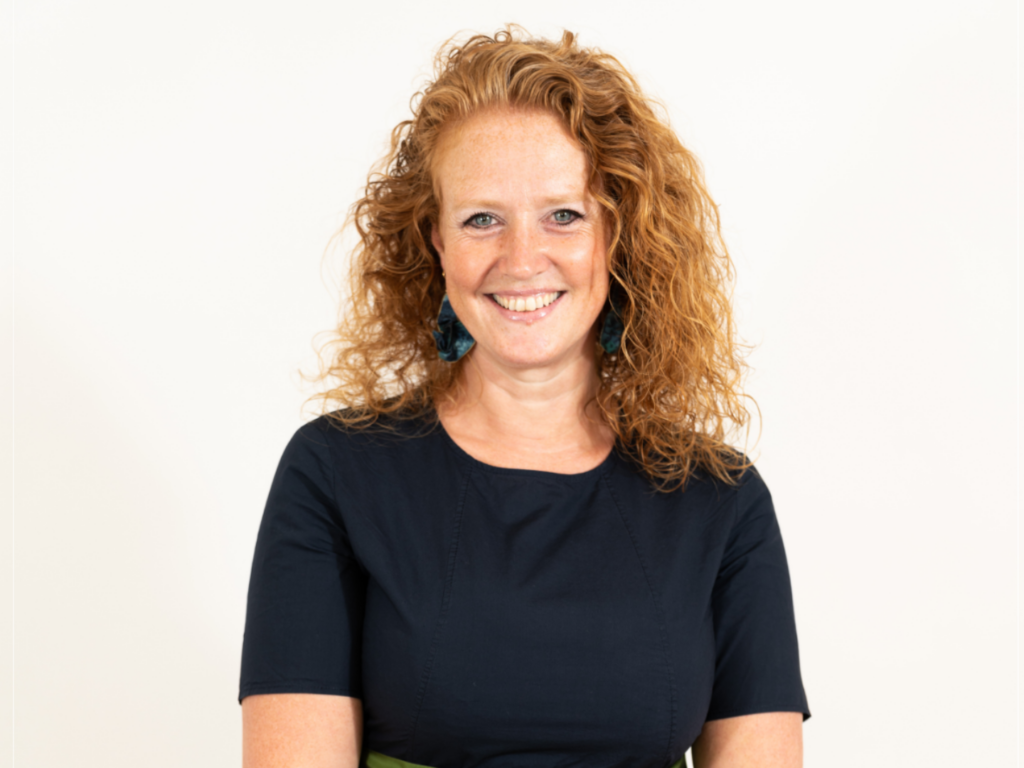Rocío Gambra: „Chile is in a political crisis“
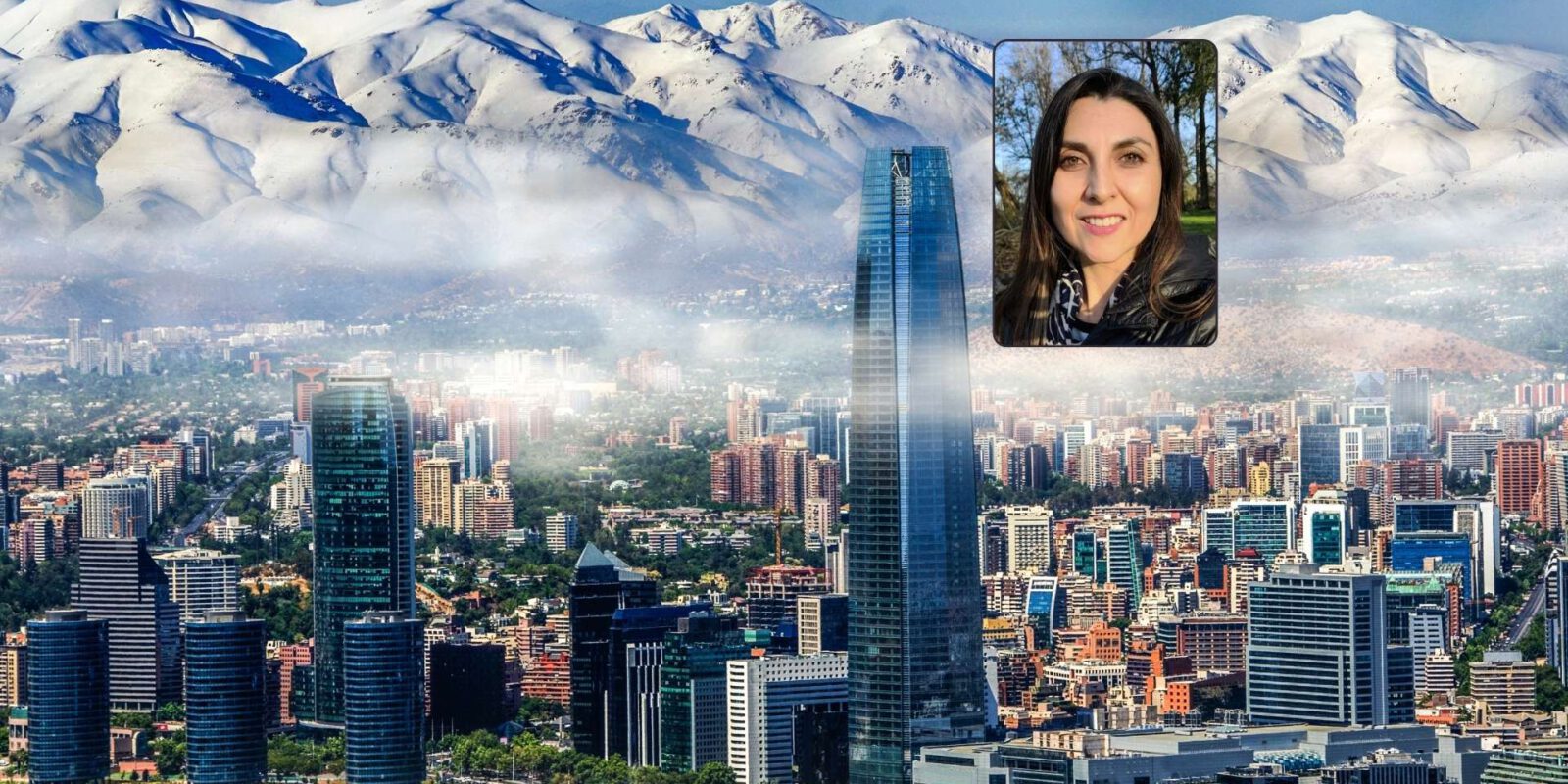
Die deutsche Version dieses Interviews gibt es hier.
A referendum in favour of a new constitution will be held in Chile on Sunday. It is the second of its kind – and the possible end of a process that has been dragging on since 2019. Why is it all taking so long and what is the problem with the Chilean constitution? Rocío Gambra regularly talks about this in her Politica podcast. She gives us an introduction to the political crisis in Chile.
On Sunday, the Chilean people vote on a new constitution. The process for that decision has taken many years now. Why is that?
The process for our new constitution started in 2019. But first, we had to decide if we want a new one and how we are going to get it. It was planned in April 2020, but because of Covid, we had to move it to October. Then, we elected people to write the new constitution, that was in May 2021, again delayed because of a new wave of Covid.
So you elected people for the purpose of writing a new constitution?
Yes, and it’s not just parties. You could also elect independent people to collaborate on the new constitution. But many of those were from the left and more radical. And there were a lot of people from different affiliations and interests, so the draft was full of points made by those different interest groups. If this constitution would have been accepted, it would have been the longest constitution in the world. And most of what was written came from the left, because the right didn’t gain enough seats in the election to get their point into the document, they got only 37 out of 155 people.
Why did you elect new people write a new constitution? Why can’t the parliament do that?
Because Chile is in a political crisis. Only 11 percent trust the parliament. So we elected independent people to represent what the people want. And a lot of those that were elected were from the left. This process took another year, so in 2022, we got the first draft of a new constitution in July and a referendum in September. And even though 80 percent of the people agreed in 2020 that we need a new constitution, 60 percent of people were against the first draft.
How do you explain that?
What’s important is the election laws: Before 2009, you were forced to vote, but only if you were enrolled. Since then, you could vote if you want, but you were automatically enrolled, the system was similar to Austria. The referendum in 2020, when we decided on giving ourselves a new constitution, was the first one that had voluntary voting. But last year, for the referendum on the first draft of the constitution, for the first time we had obligatory voting for everyone. More than 80 percent of people voted – and 62 percent were against the draft.
And that changed everything. Because one group says that we didn’t want the new constitution, so we don’t change anything now. But others refer to the 2020 referendum that had 80 percent for a new constitution – even though we had voluntary voting back then. And what makes it even more complicated: We could change our constitution more easily now, because you don’t need a two-thirds majority anymore, but only four sevenths. We changed parts of our constitution before without a referendum.
What is the problem with your old constitution?
Our main problem with our constitution is that we have to change how we elect our representatives. We lowered the standards to make new parties, we changed the districts, and now our congress is very fragmented. We have 21 parties in congress right now. And still, the left and the right are about equal in size. That’s why only 11 percent of the people trust congress. If we change the constitution right now and agree on how we make politics, we can transform the country and move out of the political crisis.
So last year, the first draft of the constitution got rejected. Did you stick to the same process for the second one?
After the first draft failed to get a majority, we had a new process. First, both chambers of parliament chose 24 experts according to the forces in parliament. In January, they started to work on a new draft. In May, we had another election of 50 people that had to agree on this draft. So in June, the experts hand the elected representatives their draft, and in November, they release a new draft. On Sunday, we have a referendum about this one.
And are there any problems with this new draft?
The problem is that the party that didn’t want to reform the constitution at all got 22 seats out of 50, and the right got 11. So they have a majority of 33 seats – and you need 30 to change anything. The left could basically go home, and the right could write anything they want. And now they use it to win the elections for the Republican Party of José Antonio Kast. He wants to be president and was the main contender against Gabriel Boric and the ruling left-wing party. And now he’s betting his whole political capital on the constitution – because if it gets a majority, he’s on track to become president. So for the representatives on the right, the main point was to basically fuck the left.
So he wants to use the constitution to win elections against the left. But what does it say policy-wise?
In Chile, you have a fight between two models. The capitalist model or the solidary-state model. So either you get to choose where you get healthcare from, or only the state can give it to you. The left argues that if anyone else besides the state provides for something, it can’t be a guaranteed right. But on the other hand there’s the model where you can go to private companies and the state pays for it, or pays for a part of it. So the left thinks if you make money from something the state touches, then you’re immoral.

Where do you stand on that question?
If you argue that the state should be the only provider, you get your clientel, but it won’t make anything better. If you don’t have competition, there’s no drive to be better. Our money is already not well spent in the government, because we have a lot of political operators that get high favours. No comparison to what you can get in the private system. So why would you force people to government providers if they’re not good enough? I don’t think the government is the only one that should be able to provide services.
How did the left react to the new draft?
Many of them argue that we should keep our current constitution, because they are scared that they can’t change the new one. And they want to put a lot of privileges for certain groups into the constitution, special treatments. So they would rather wait for their next shot.
If Chile doesn’t vote for the new constitution, you are pretty much in political deadlock, right? Because then both the left and the right have tried, and both have failed while there’s still a majority in favour of a new constitution.
Yes. And that’s especially bad because our economy is at the bottom right now. We have high inflation and we need investors to come. So we need new rules to allow them in. The problem is that if this constitution doesn’t win a majority, we still keep our political problems, our fragmented politics and no incentives to change it – because on the calendar, they all just look ahead to the next election. I think we have to change it, and without a new constitution, they can continue to paralyse the government.
So you will vote in favour of the new constitution. Do you think it has a chance?
I will. But I don’t know what’s going to happen. Because there’s a lot of lies and bullshit out there. For example, the left argues that women would be worse off with this new constitution – not true, but it might have an impact. And for the parties who are in favour, we struggle to get enough volunteers to count the votes.
ROCÍO GAMBRA is a Social Communicator, PhD in agricultural sciences and a member of Evópoli, a liberal center-right party in Chile. She is the host of the Política Podcast and panelist of The Constitution in Construction, programs that are broadcast on digital platforms and radio stations in the Los Lagos region in Chile.
